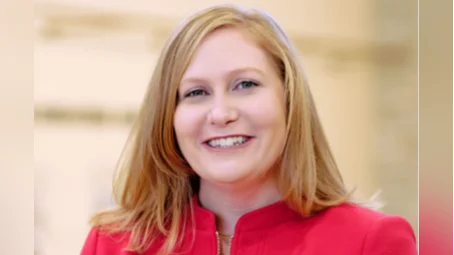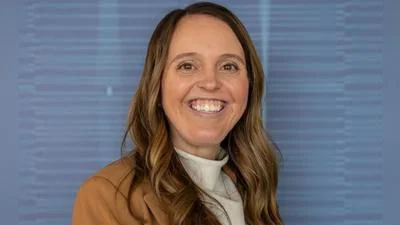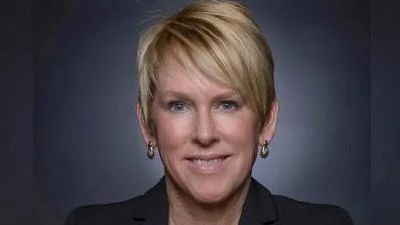Eilidh Pederson, MPH, FACHE Chief Executive Officer | Western Wisconsin Health
Eilidh Pederson, MPH, FACHE Chief Executive Officer | Western Wisconsin Health
Ear infections are a frequent issue among children, often causing discomfort and potential hearing loss. If untreated, these infections can impact speech development. Tympanostomy tubes are an effective treatment that can enhance a child's quality of life.
Middle ear infections, or otitis media (OM), are common in children due to their developing immune systems and the structure of their eustachian tubes. These tubes connect the middle ear to the throat and help equalize ear pressure. In children, they are shorter and more horizontal, leading to eustachian tube dysfunction (ETD). Most children experience some degree of ETD and may develop acute OM episodes.
When recurrent or chronic problems arise, otolaryngologists might recommend tympanostomy tubes. These small devices, made from plastic or metal, are surgically inserted into the eardrum under general anesthesia. The procedure is brief, typically lasting about 15 minutes in total operating room time. The tubes usually remain for 1-2 years before naturally falling out.
Ear tubes are advised for recurrent acute otitis media (AOM) — defined as multiple episodes within a few months — chronic otitis media with effusion (COME), hearing loss, and speech delay. They prevent fluid buildup and reduce infection frequency, restoring normal hearing.
While generally safe, there are risks such as persistent drainage or small holes in the eardrum after tube removal. Some children may need additional sets if issues persist.
Minimal care is needed post-procedure; earplugs are only recommended for swimming in natural bodies of water. Follow-up visits ensure proper tube placement and function.
For parents considering this option for their child’s frequent ear problems, consulting an ENT specialist is advised to determine suitability.
Western Wisconsin Health emphasizes prompt attention to these concerns: "At Western Wisconsin Health, we understand how important it is to address these concerns promptly and effectively." Appointments can be scheduled by calling 715-684-1111.
References include materials from the American Academy of Otolaryngology—Head and Neck Surgery and the National Institute on Deafness and Other Communication Disorders.






 Alerts Sign-up
Alerts Sign-up